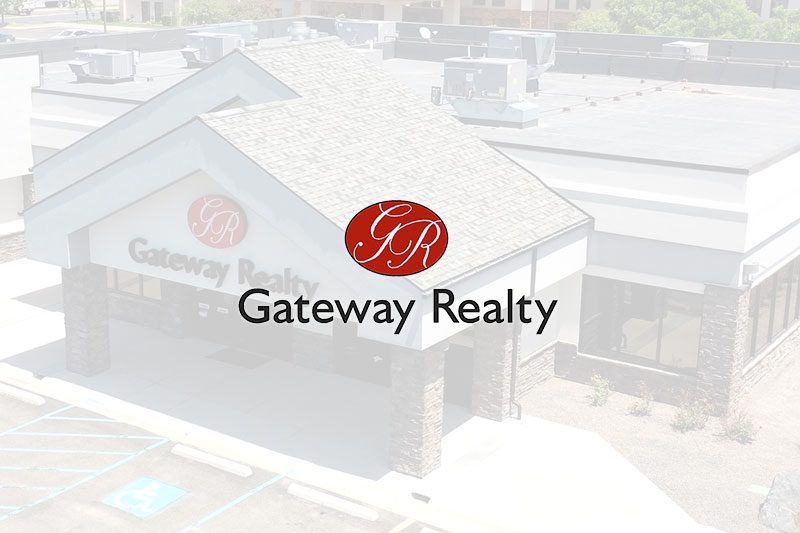Real estate is one of the most solid investments a person can make. This is especially true in today’s investment world. Fully prepared investors are much more likely to recognize and take advantage of valuable opportunities than those who don’t do their homework. At Gateway Realty, we understand preparation is the key to successful investment when expanding into rental properties or a commercial venture. With this in mind, we developed a list of the most frequently asked questions to help investors get started.
- What type of property is right for you? Are you interested in discounted distressed properties that need a major overhaul, or are you more of a hands-off person and willing to pay the higher price that comes with new or updated properties? If you have the skills for a fixer-upper, before you buy, realistically calculate a property’s value after repairs are made. If you’re more of a hands-off investor, don’t be tempted by the low prices associated with fixer-uppers. The prices are only low because those types of investments require a lot of hands-on involvement.
- How do I prepare my finances? Knowing your credit score and understanding how it impacts your ability to borrow funds is one of the first steps in being able to obtain the loan you want. If your credit score is less than ideal, don’t be discouraged! Today is a great day to start taking steps to improve your score.
- How do I obtain financing? If you’re a first-time investor, you’ll probably feel most comfortable going the traditional route of getting a mortgage from a bank or credit union. If you have a great credit score, you’re likely to get pre-approved for a specific loan amount, so you can shop for homes within your budget. You may also want to consider a private lender or wholesaling.
- Should a serious investor get their real estate license? If you want to be a serious investor, there are some benefits to getting a real estate license. You’ll save money since, as a real estate agent, you’ll have access to the MLS (multiple listing service). This will give you a head start on finding the best real estate opportunities. You’ll also be able to act as your own real estate agent when you’re ready to sell your investment property. The downside is that it takes time and money to get a real estate license. If you don’t want to put in the work necessary to become licensed, you may want to skip this step.
If you’d like more tips on how to be a successful real estate investor, contact us today!

